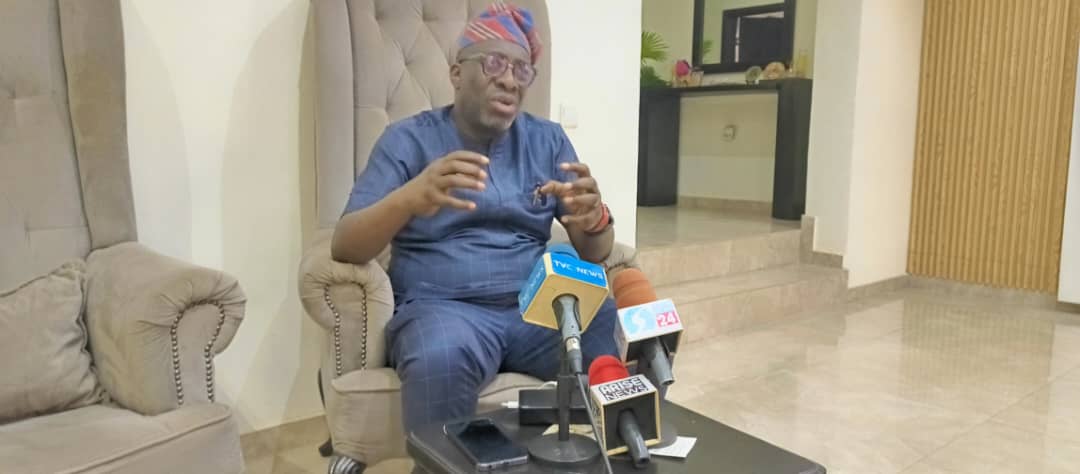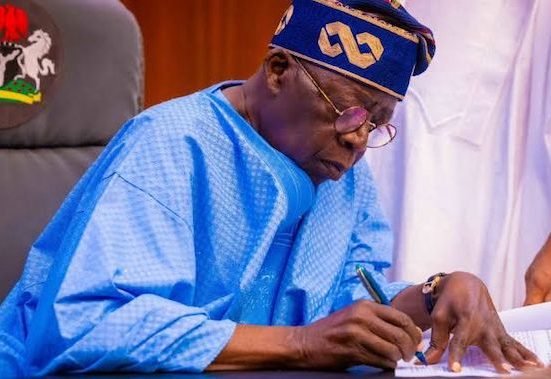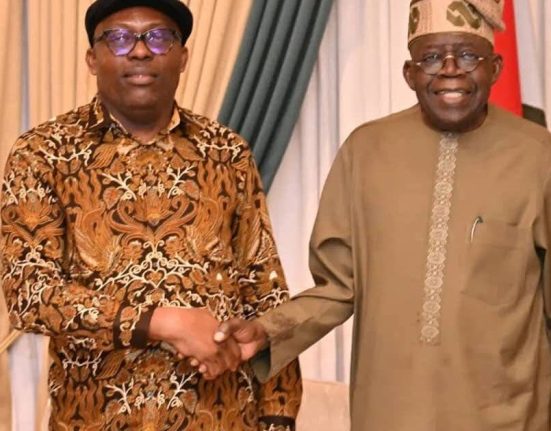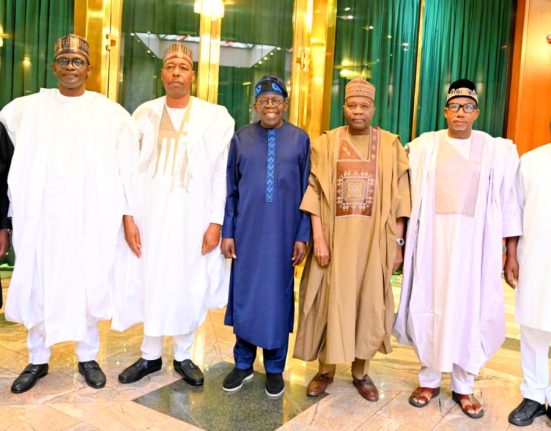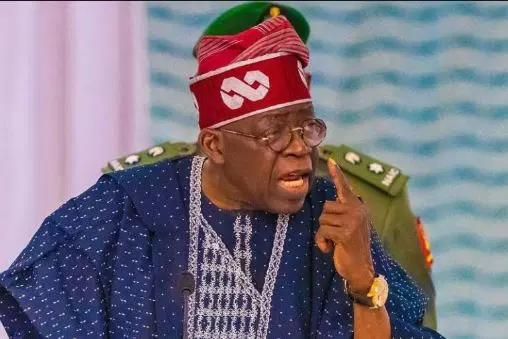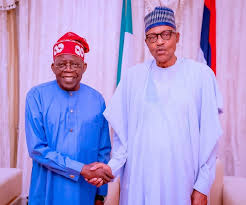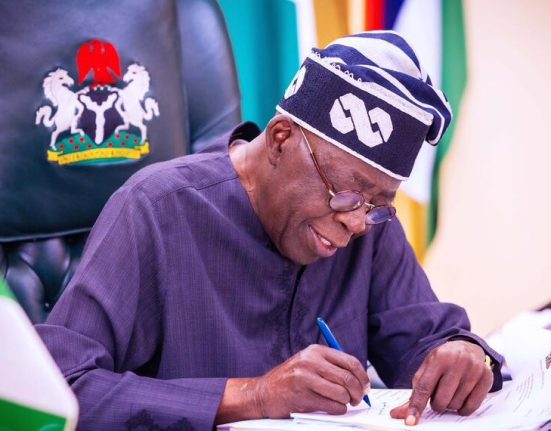Otunba Segun Showunmi, a chieftain of the Peoples Democratic Party (PDP) and former governorship aspirant in Ogun State, has praised President Bola Ahmed Tinubu’s policy direction but insists the administration must now take decisive steps to enforce local government autonomy across the federation. Speaking to journalists in Abeokuta, Showunmi commended the Tinubu-led Federal Government for showing what he described as “systematic thinking” in its approach to governance but warned that continued sabotage of grassroots administration by some state governors poses a direct threat to the country’s democratic foundation.
He acknowledged that the administration has demonstrated commendable initiative in terms of policy development and reform-minded governance, particularly in tackling inherited structural deficiencies. However, he emphasized that political will is now critical if the reforms are to yield long-term dividends.
“I’ll be the first to admit that they have done well in terms of laying down ideas and building a foundation for policy transformation,” he said. “But what is a good idea without action? President Tinubu must now prove that he can confront the entrenched interests that are crippling democracy at the local level.”
Showunmi accused several governors of deliberately undermining local government autonomy, describing them as “clowns” who have hijacked council funds and stripped the third tier of government of its constitutional relevance. He recalled the Supreme Court ruling affirming local government autonomy, expressing disbelief that the federal government would secure such a legal victory only to allow it to be flouted by political officeholders.
“Why go all the way to secure a Supreme Court ruling in defence of local governance and then allow state governors to reduce local councils to mere appendages of their offices? Tinubu must step in decisively. If he does, the benefits will be immediate—local economies will be revitalized, employment opportunities will increase, and service delivery will reach the grassroots,” he said.
Showunmi also criticized what he termed the culture of impunity among Nigeria’s political elite, blaming it for the collapse of institutions and widespread loss of public trust. He argued that laws are not the country’s problem but the consistent failure to enforce consequences for wrongdoing.
“Nigeria doesn’t suffer from a lack of legislation; we suffer from a lack of consequence. That’s why even with institutions like the EFCC and ICPC, reforms keep falling flat. People continue to act with impunity because they know they will face no punishment,” he lamented.
Citing anti-corruption measures in countries like China, he questioned how mid-level Nigerian officials are able to amass extravagant wealth without scrutiny. “In China, a mid-level government official can’t afford to flaunt luxury without drawing consequences—possibly execution for corruption. But here, people loot public funds and are treated like heroes,” he remarked.
While expressing support for the Tinubu administration’s bold steps on critical economic reforms such as the removal of fuel subsidy and currency deregulation, Showunmi raised concerns over what he described as the widening disconnect between leadership lifestyle and the daily struggles of ordinary Nigerians.
“You can’t impose policies that burden the masses and then turn around to throw lavish parties in government circles. A government steering citizens through difficult reforms must lead by example—it must model restraint,” he said.
He further lamented the failure to hold anyone accountable for the corruption-laden fuel subsidy regime, stating that it is unjust to ask Nigerians to endure hardship while the actual perpetrators walk free. “If you’re truly serious about subsidy reform, then those who looted the system must face the law. You cannot punish the innocent and protect the guilty,” he asserted.
Concluding, Showunmi maintained that President Tinubu has demonstrated potential through policy initiatives but must now follow through with the kind of courageous leadership that upholds democracy and demands accountability at every level of government.
“Tinubu has shown promise, but now he must show strength. Leadership is not just about ideas; it’s about the courage to enforce them. That’s how history remembers great leaders—not by what they said, but by what they dared to do,” he said.

